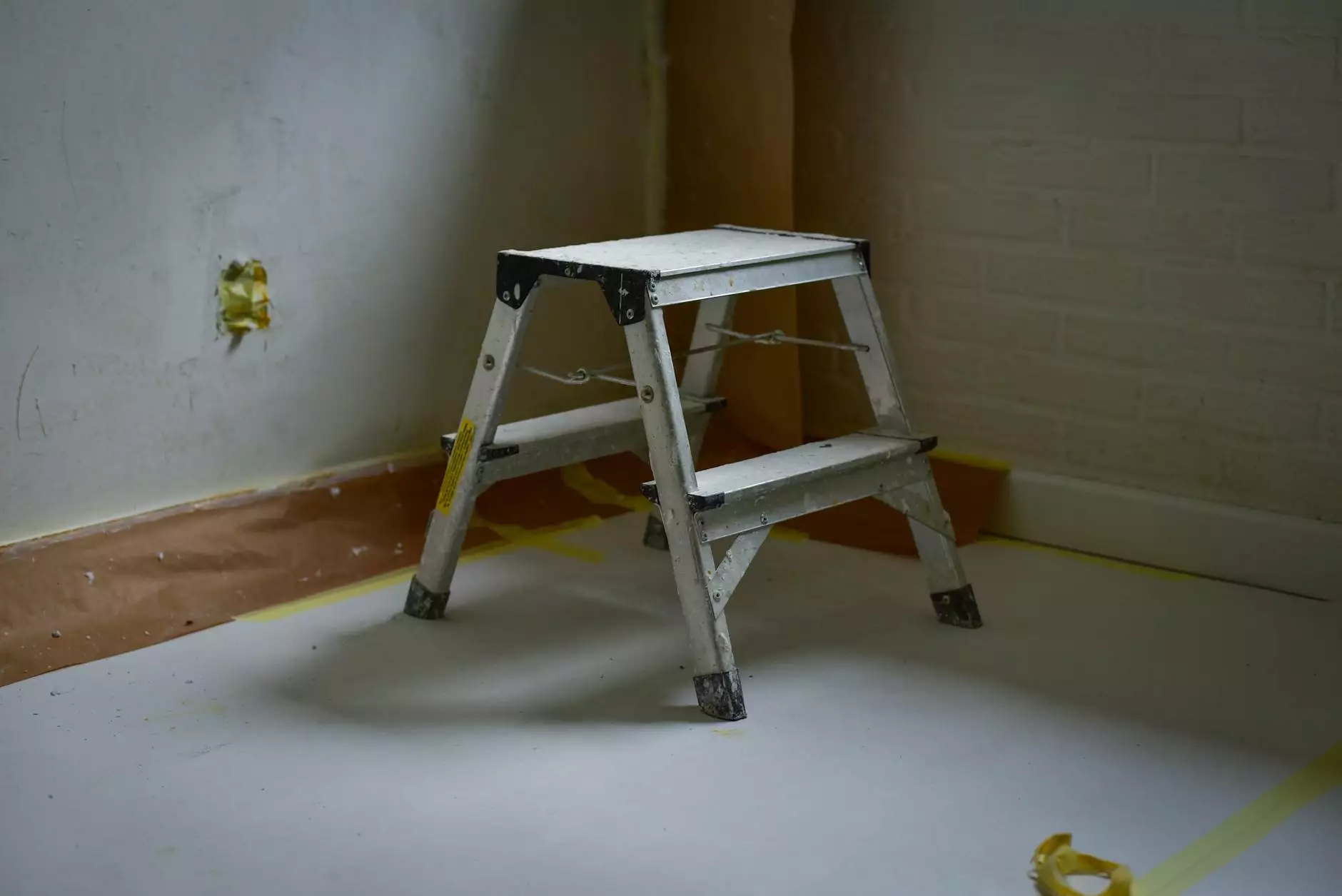Investing in Silver Bullion: A Comprehensive Guide

Silver bullion is a term that often pops up in discussions about precious metals investment. With the rising interest in tangible assets, understanding how to buy silver bullion can be incredibly beneficial for both seasoned investors and newcomers alike. This article will delve into the nuances of silver bullion buying, including its advantages, the various forms it comes in, and how you can effectively integrate it into your investment strategy.
What is Silver Bullion?
In its most basic form, silver bullion refers to silver in bulk that is valued by its mass and purity rather than by its face value or artistic worth. This type of investment is primarily in the form of:
- Silver Bars - These are typically poured or minted with a specific weight and purity, often at least 99.9% pure silver.
- Silver Coins - Government-minted coins that often hold legal tender value and are typically produced in limited quantities.
- Silver Rounds - Similar to coins, but produced by private mints without any face value.
Why Invest in Silver Bullion?
Investing in silver bullion comes with several advantages that make it a coveted option for those looking to diversify their portfolios. Here are some compelling reasons:
1. Hedge Against Inflation
Historically, precious metals like silver have acted as a hedge against inflation. As fiat currency values decline over time, the intrinsic value of silver bullion tends to increase, providing a safety net during economic downturns.
2. Diversification
Adding silver bullion to your investment portfolio enhances diversification, which is a key principle of investing. Silver often moves independently of stocks and bonds, which can protect your investments from market volatility.
3. Tangible Asset
Certain forms of silver bullion allow investors to possess a physical asset. Unlike digital investments, silver can be held in your hands and stored securely, adding a layer of security to your investment strategy.
4. Growing Industrial Demand
The demand for silver in industrial applications is continuously on the rise due to its unique properties. As technology advances, more industries are incorporating silver in their manufacturing processes, driving up demand and potential future prices.
How to Buy Silver Bullion
When you're ready to buy silver bullion, it's essential to know where to purchase and what to consider. Here’s a detailed guide on navigating the buying process:
Step 1: Determine Your Buying Strategy
Before making your purchase, define your investment strategy. Consider factors like:
- Your investment goals (short-term vs. long-term)
- Your risk tolerance
- Preferred forms of silver (bars, coins, rounds)
Step 2: Choose a Reputable Dealer
Finding a trustworthy dealer is crucial. Look for dealers with solid reputations, transparent pricing, and good customer service. Websites like donsbullion.com are excellent resources where you can purchase a variety of precious metals, from gold and silver to platinum and palladium.
Step 3: Understand Pricing
Silver prices fluctuate daily based on market conditions. Familiarize yourself with the spot price of silver and be aware of premiums that dealers add. A good dealer offers competitive rates, clearly displays their prices, and charges reasonable premiums.
Step 4: Make the Purchase
Once you've done your research, it's time to buy. You can purchase silver bullion online or in-person. When buying online, ensure that the dealer offers secure payment options and shipping methods. For local purchases, inspect the silver physically before completing the transaction.
Storage and Security
Proper storage of your silver bullion is essential to protect your investment. Here are some options:
1. Home Storage
If you choose to store your silver at home, ensure it is in a safe or a secure place within your residence. Consider using a fireproof and waterproof safe to add extra protection.
2. Bank Safe Deposit Box
For higher security, renting a safe deposit box at your bank is an excellent option. While there are fees involved, the peace of mind may be worth it.
3. Precious Metals Vaulting Services
Some companies offer specialized vault storage services for precious metals. This option provides high security and insurance for your investment.
Tax Considerations
Investing in silver bullion comes with potential tax implications. In many jurisdictions, purchasing silver is subject to sales tax, and the sale of silver bullion may trigger capital gains tax. It’s essential to consult with a tax professional to understand your obligations based on local laws.
Future of Silver Bullion Investment
The future of silver bullion investment looks promising. With increasing demand in both consumer and industrial markets, the silver bullion price is expected to perform well in the years to come. Factors such as renewable energy technologies, and escalating inflation concerns can drive prices upward.
Moreover, as more investors view tangible assets as a safe harbor, the general appeal of silver bullion will likely continue to grow. Understanding these dynamics can help you make informed decisions regarding your investments.
Conclusion
Investing in silver bullion is more than just a trend; it's a strategic choice that can bolster your financial security and diversify your portfolio. With careful planning, a thorough understanding of the market, and reliable resources like donsbullion.com, you can confidently navigate the world of silver bullion investment.
Whether you're looking to mitigate risks associated with traditional investments or simply enjoy the process of collecting precious metals, silver bullion can play a significant role in your financial future. Start your journey today and explore the many benefits that come with embracing silver bullion as part of your investment strategy.









